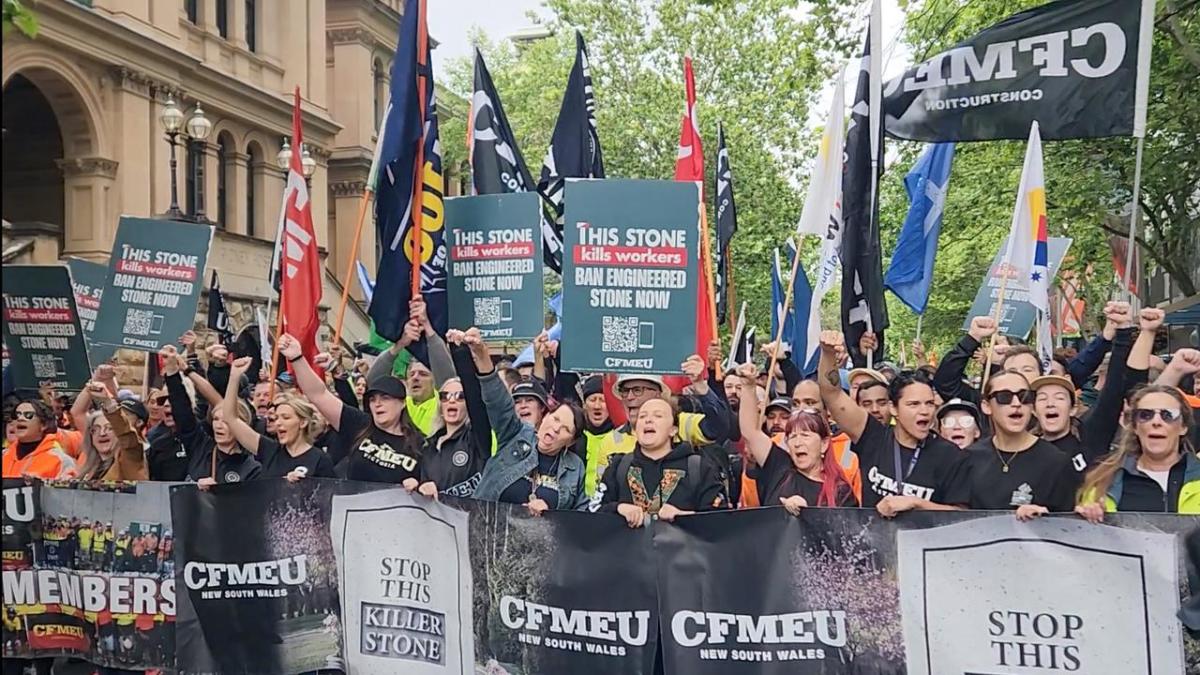An increasing number of employees are blowing the whistle on misconduct in the workplace, with a 58% increase in protected disclosures and inquiries so far this year as compared to 2023.
It comes as 1News revealed the exclusive details of a woman’s “unprecedented” legal battle with BNZ to prove the bank proposed making her redundant because she blew the whistle on a colleague.
Chief Ombudsman Peter Boshier said he is “very heartened” by the “large increase” and that he applauds those who come forward.
“This is a critical mechanism in ensuring that wrongdoing is exposed.
“Unethical and unlawful behaviour in the workplace is never acceptable.”
Boshier said the 2022 legislation “beefing up” protections for whistleblowers and a culture where people were “more comfortable” to come forward could be reasons for the increase.
The Ombudsman has recieved 203 protected disclosures and inquiries so far this year.
He said several common themes had arisen in complaints, including financial mismanagement, unsafe work practices, sexual harassment and a lack of organisational response to sexual harassment.
“I am very concerned by the growing number of people reporting what they describe as cases of sexual harassment and who say they are alarmed that their complaints have not been taken seriously by their employer,” Boshier said.
He described the conduct reported through the cases as “totally unacceptable”.
In a recent survey commissioned by Boshier, less than half (41%) of those who witnessed serious wrongdoing made a protected disclosure.

Of those surveyed, 81% said if they did witness serious wrongdoing, they would report it to their employer, and 54% said they would report it to an appropriate authority.
However, only 44% thought their job would be safe if they did so. The survey also found that people felt safer if there was a guarantee of anonymity and confidentiality.
“That indicates that people are still wary of what to do and what the consequence might be. I accept the fact there will be some reticence, culturally, some ethnicities don’t want to go down this path, that’s counterintuitive,” Boshier told 1News.
“This demonstrates how important it is for workplaces to have effective processes to encourage employees to speak out, protect them from retaliation, and keep their identities confidential.”
Landmark ruling
Yesterday, 1News reported on a BNZ employee, who won a lengthy court battle to prove the bank proposed making her redundant because she blew the whistle on a colleague.
An employee has won her lengthy court battle to prove the bank proposed making her redundant because she blew the whistle on a colleague.
In the first case of its kind, the Employment Relations Authority ruled on Wednesday that BNZ had proposed making Melissa Bowen redundant as retaliation after she raised her concerns about a senior manager in 2016.
In its ruling, the ERA found BNZ had unjustifiably proposed to disestablish Bowen’s role in retaliation after she made a “protected disclosure”.
There were also serious flaws in its redundancy process when Bowen was ultimately made redundant in 2018, the ERA found.
Bowen told 1News her 30-year career in banking was destroyed and of how she spent years fighting for justice against the might of one of Aotearoa’s biggest banks.

A series of questions have been put to BNZ regarding the judgement and their handling of the case. But a spokesperson said they would not be making any comment.
The Whistleblower Protection Act
In 2000, New Zealand was one of the first countries to introduce dedicated legislation for whistleblowing – to protect people who report their concerns of serious wrongdoing.
Unlike many other countries, it applies to both the public and private sectors.
It’s aimed at allowing the disclosure and investigation of serious wrongdoing in the workplace and crucially, to protect those who report concerns.
A key part is any whistleblower, or employee, who makes a “protected disclosure” is entitled to confidentiality and must not face any type of retaliation by employers. That includes dismissal or any changes to their employment that disadvantages them, which means an employee has a personal grievance under the Employment Relations Act.
The Protected Disclosures Act was updated in 2022, to make it clearer for employers and employees. This case falls under the pre-2022 act.











